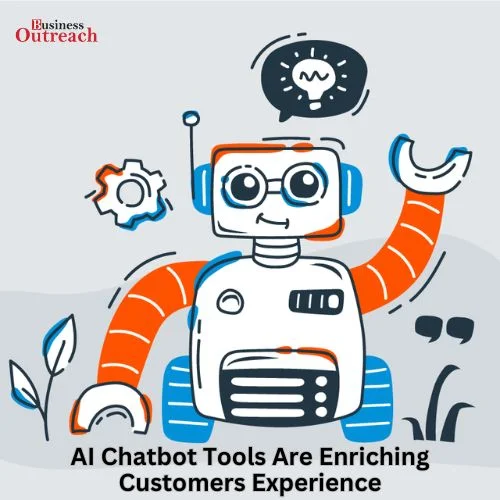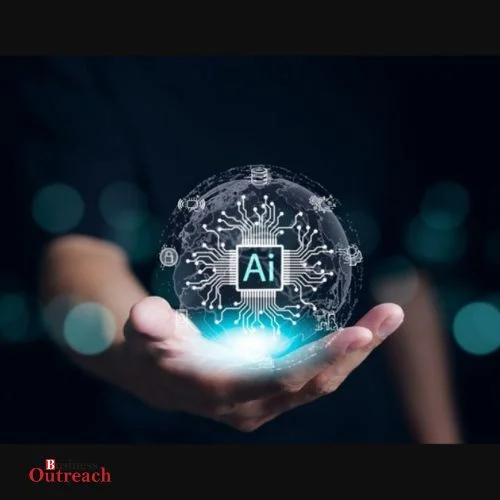In the midst of a growing AI competition among internet firms, Chinese technology giant Alibaba said on Tuesday that it has upgraded its artificial intelligence (AI) model Tongyi Qianwen and launched a suite of industry-specific AI models.
At its annual conference in Hangzhou, Alibaba‘s cloud computing arm said that Tongyi Qianwen 2.0 contains “hundreds of billions of” parameters – a benchmark used to assess AI model capacity – making it one of the world’s most powerful AI models by that criteria.
It also announced the release of eight AI models for the entertainment, finance, healthcare, and legal sectors.
The improvement comes only six months after the model’s first release, demonstrating how swiftly tech giants are rushing to dominate China’s young and rapidly developing AI sector.
Tencent reported last month that China was in the midst of a “war of a hundred models,” with over 130 models flooding the market. Tencent claims that their Hunyuan AI has more than 100 billion parameters and outperforms OpenAI’s GPT-4 model in Chinese processing.
In 2020, Microsoft-backed OpenAI’s GPT-3 AI model had 175 billion parameters, while Meta Platform’s Llama 2 model had 70 billion parameters in 2023.
On Tuesday, Alibaba launched industry-specific models, which include specialized tools for making graphics, writing computer code, analyzing financial data, and looking for legal papers.
Chairman Joe Tsai also said at the conference that Alibaba Cloud currently hosts almost 50% of China’s large-language AI models.
He said that Alibaba’s AI model-sharing platform ModelScope already has 2,300 models and 2.7 million contributing developers.
Why are businesses utilizing Chat-GPT:
Businesses in today’s fast-paced digital environment are continuously looking for new methods to improve consumer interaction, automate processes, and increase operational efficiency. Chat GPT (Generative Pre-trained Transformer), a sophisticated conversational AI system created by OpenAI, is one breakthrough solution that has arisen in recent years.
Chat GPT helps businesses to give human-like conversations, tailored customer experiences, and operational efficiencies. Failure to adopt Chat GPT, on the other hand, may jeopardize a company’s capacity to stay competitive and satisfy changing client needs.
Businesses that do not use Chat GPT may lose out on the possibility to communicate with consumers successfully. Competitors that use Chat GPT may get a competitive advantage by providing greater customer experiences, which can lead to customer attrition and market share loss.















